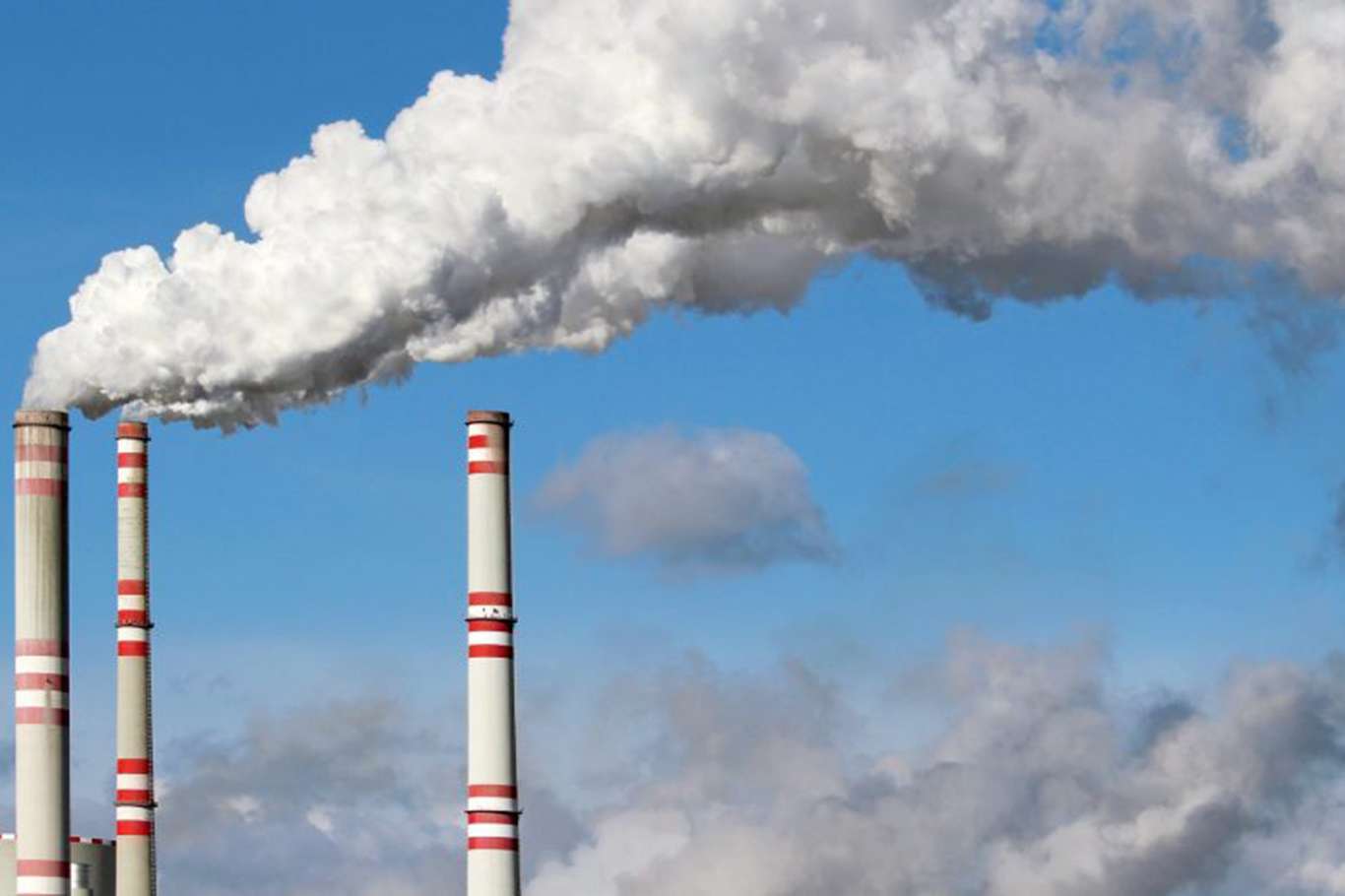Turkey’s greenhouse emissions decrease by 3.1% in 2019


The greenhouse gas inventory results revealed that overall greenhouse gas (GHG) emissions as CO2 equivalent for the year 2019 compared to the previous year decreased by 3.1% to 506.1 million tons, the Turkish Statistical Institute said in a statement
Total GHG emissions per capita was 4 tons CO2 eq. in 1990 while it was calculated at 6.4 tonnes CO2 eq. per capita for 2018 and 6.1 tones CO2 eq. per capita for 2019, according to the statement.
The energy sector ranks first in emission amounts by sectors
In 2019, the energy sector had the largest share of total GHG emissions with 72%. The energy sector was followed by the agriculture sector with 13.4%, the industrial processes and product use with 11.2%, and waste with 3.4%.
The energy sector emissions were calculated at 364.4 Mt CO2 eq. in 2019, which increased by 161% compared to 1990 while decreased by 2.3% compared to the previous year. Similarly, emissions from the industrial processes and product use sector were calculated at 56.4 Mt CO2 eq. in 2019, which increased by 147.1% compared to 1990 while decreased by 14.3% compared to the previous year.
Agriculture sector emissions were calculated at 68 Mt CO2 eq. in 2019, which increased by 47.7% compared to 1990 and by 4.1% compared to the previous year. Waste sector emissions were calculated at 17.2 Mt CO2 eq. in 2019, which increased by 55.7% compared to 1990 while decreased by 5% compared to the previous year.
The biggest share in CO2 emissions was observed in the energy sector
87.4% of CO2 emissions originated from the energy sector when 34.6% of total CO2 emissions originated from electricity and heat production which is a sub-category of the energy sector. The remaining 12.3% of CO2 emissions originated from the industrial processes and product use sector and 0.3% from the agriculture and waste sectors in 2019.
62.4% of CH4 emissions originated from agriculture, 19.5% from energy, 18.1% from waste, and 0.03% from the industrial processes and product use sector, while 72.5% of N2O emissions originated from the agriculture sector, 15.7% from waste, 8.8% from energy and 3% from the industrial processes and product use sector. (ILKHA)
LEGAL WARNING: All rights of the published news, photos and videos are reserved by İlke Haber Ajansı Basın Yayın San. Trade A.Ş. Under no circumstances can all or part of the news, photos and videos be used without a written contract or subscription.
A federal judicial panel on Monday ordered that a growing number of lawsuits accusing Novo Nordisk and Eli Lilly of causing vision loss be centralized before a single judge in Pennsylvania, marking a significant new phase in litigation over the widely used weight-loss and diabetes drugs.
Nigeria has confirmed 17 new cases of Lassa fever across four states, according to the latest epidemiological report released by the Nigeria Centre for Disease Control and Prevention (NCDC) for Week 47 (November 17–23, 2025).
New tools, including dual-ingredient insecticide nets and WHO-recommended vaccines, helped prevent an estimated 170 million malaria cases and 1 million deaths in 2024, according to the World Health Organization’s (WHO) annual World Malaria Report.
The World Health Organization (WHO) has issued updated recommendations on the use of glucagon-like peptide-1 (GLP-1) medicines for the treatment of obesity in adults, as the organization warns that obesity is reaching unprecedented levels worldwide.